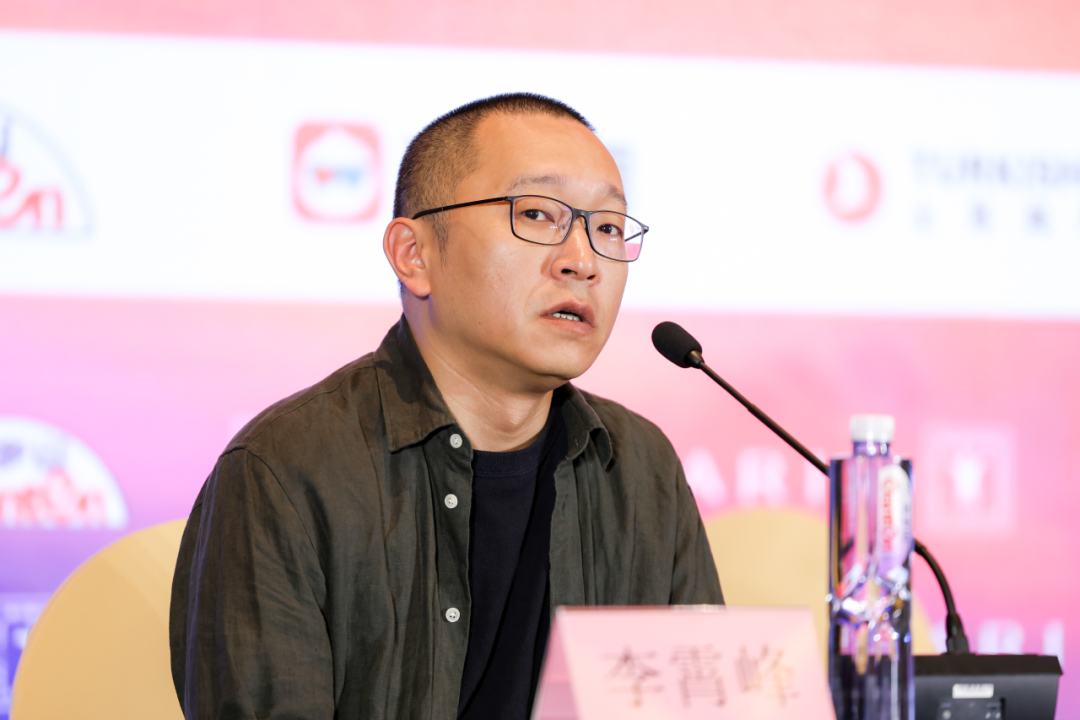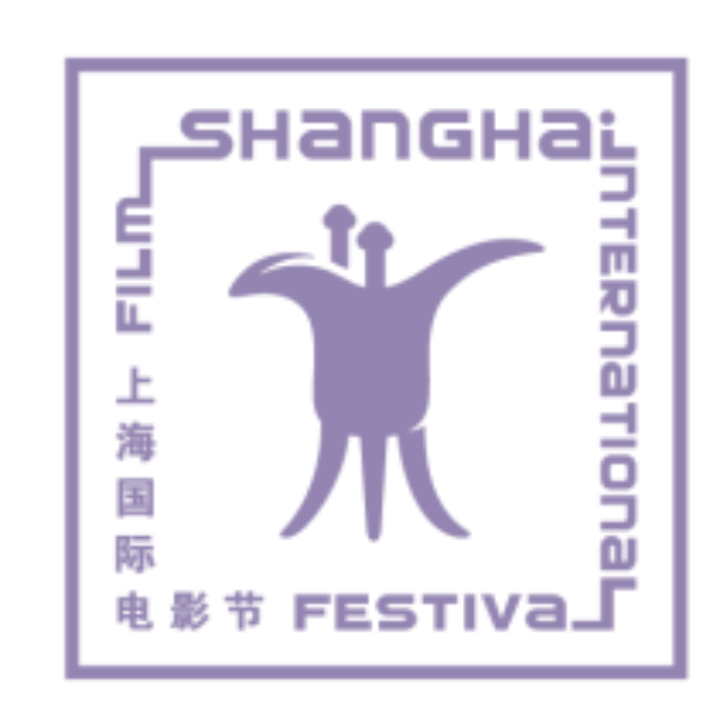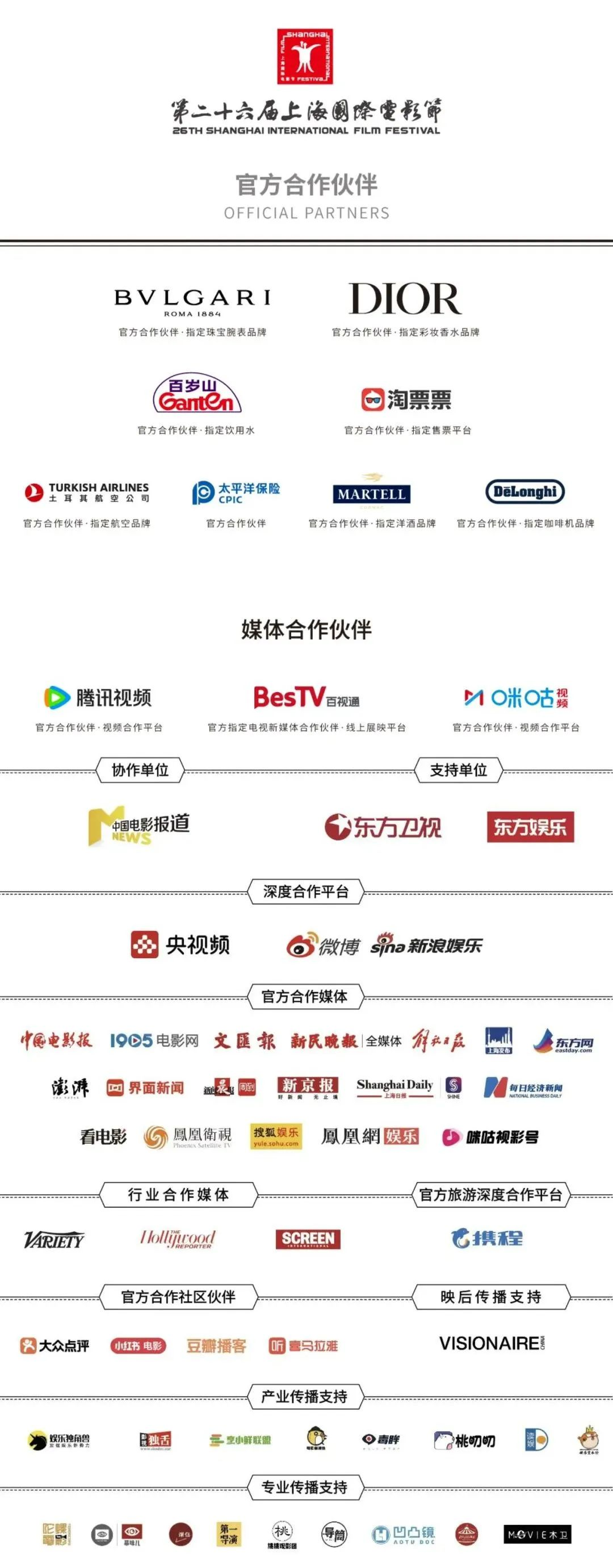Golden Goblet Jury Meeting | New Talents Ignite the Vitality of Film Industry, AI Cannot Replace Human Creativity
This morning, the 26th Shanghai International Film Festival (SIFF) held its second Golden Goblet Jury Meeting, featuring jury members from the Asian New Talent, Documentary, Animation, and Short Film sections.
This year marks the 20th anniversary of the Asian New Talent, a platform from which many new talents have emerged, bringing fresh energy to the film industry. The jury members remarked on the increasing opportunities for newcomers, which injects new vitality into the film industry. Concerning the buzz around AI-generated content (AIGC), the animation jury emphasized that AI technology is merely a tool and cannot replace human creativity.
Asian New Talent section:
Learning New Film Concepts from Newcomers
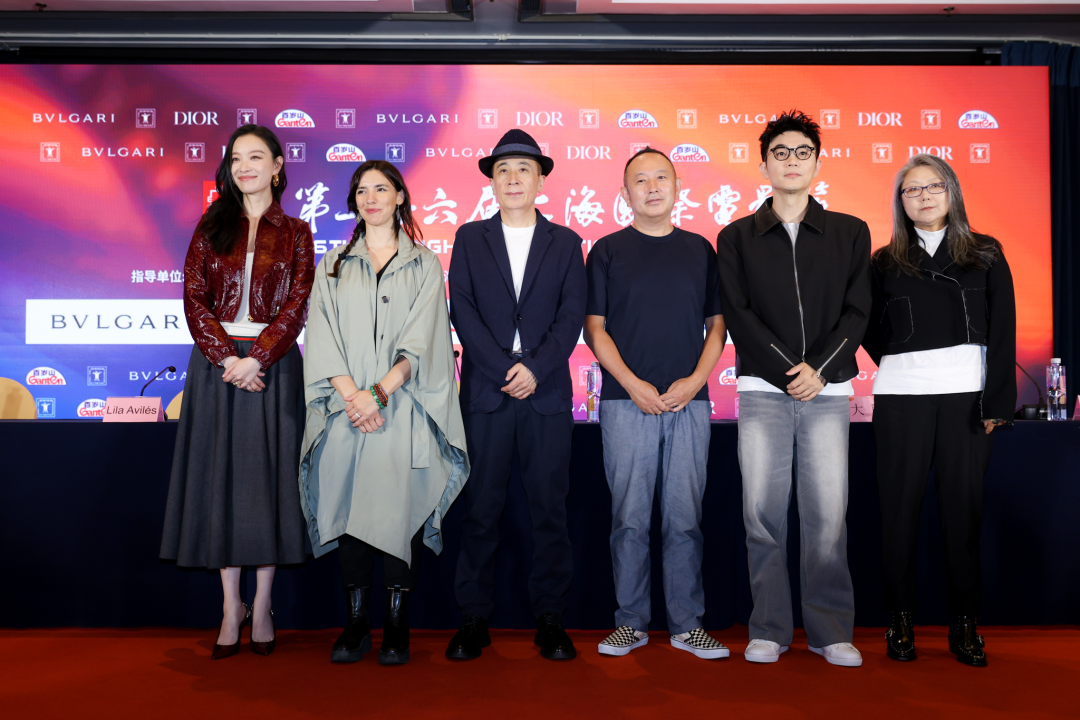
Since its establishment in 2004, the Asian New Talent of the Shanghai International Film Festival has been dedicated to supporting emerging Asian filmmakers and stimulating diverse creativity in Asian cinema. Recent acclaimed films like TIME STILL TURNS THE PAGES, GONE WITH THE BOAT, and IN BROAD DAYLIGHT, which were finalists in last year's Asian New Talent Award, exemplify this commitment.
The jury president of Asian New Talent section, Cao Baoping, is a long-time friend of the section. Eighteen years ago, his film WELCOME TO BLACK WELL VILLAGE, CHINA 2006 was a finalist in the Asian New Talent unit, ultimately winning the Special Jury Prize. Now, Cao Baoping has taken on the responsibility of supporting new directors and helping talented newcomers realize their dreams. "Newcomers have far more opportunities than we did, thanks to numerous platforms, film festivals, and various project initiatives. We have many new filming techniques and methods at our disposal," he stated.
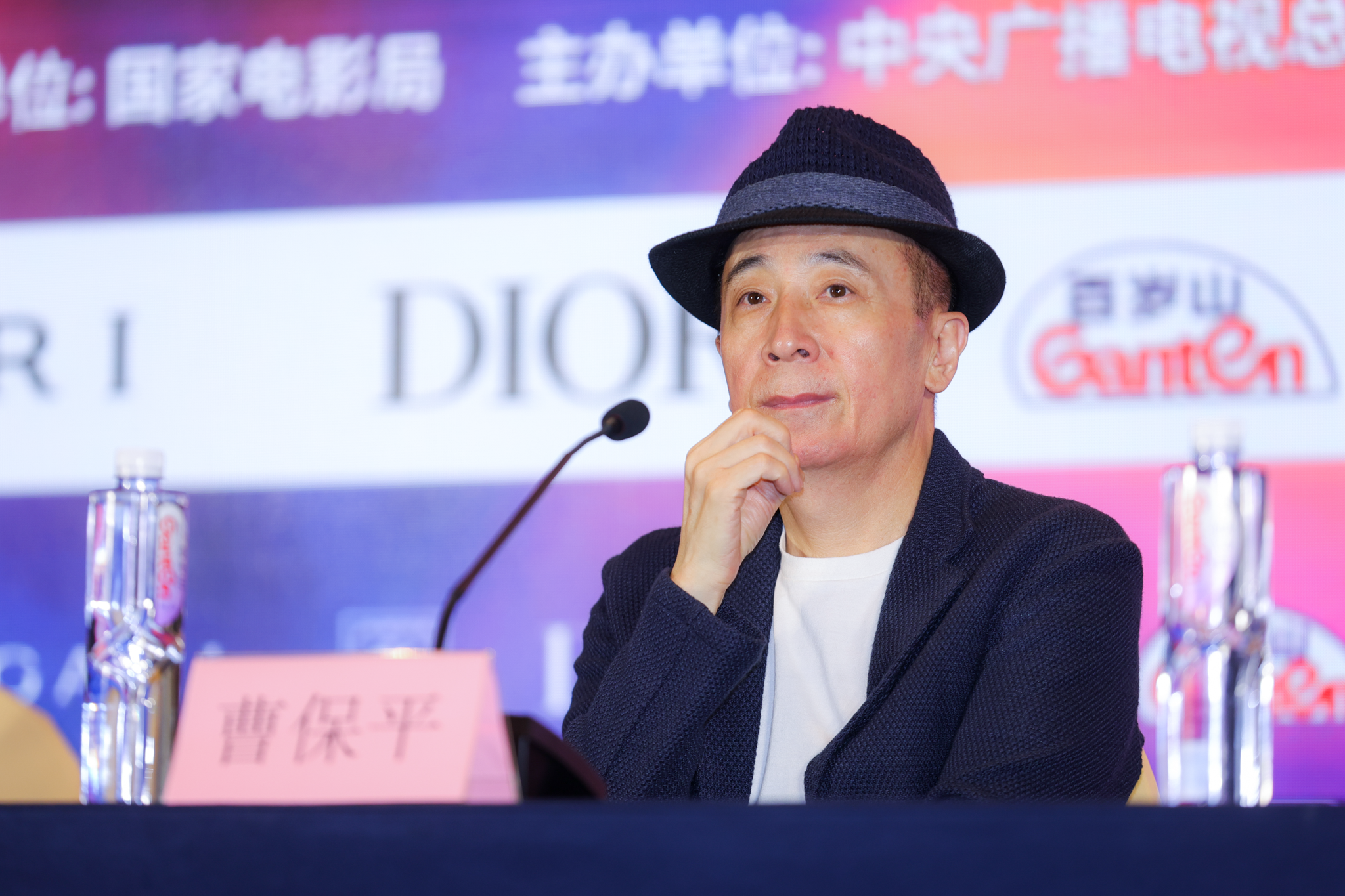
From his directorial debut with JIAN BING MAN in 2014, to being nominated for the Asian New Talent Award with CITY OF ROCK in 2018, and finally winning the Golden Goblet Award for Best Actor in 2023, director and actor Da Peng has climbed the ranks within the SIFF talent development system. Reflecting on his journey, Da Peng shared, "When I made my first film, I couldn't find a producer, and I knew nothing at the time. I learned and grew through the process of making the film. The Asian New Talent recognized me just in time and provided much-needed support." Da Peng's perseverance paid off, and audiences witnessed his transformation. Now, as an established figure, he helps emerging directors, saying, "I believe this also helps me, as I learn new concepts about filmmaking from them."
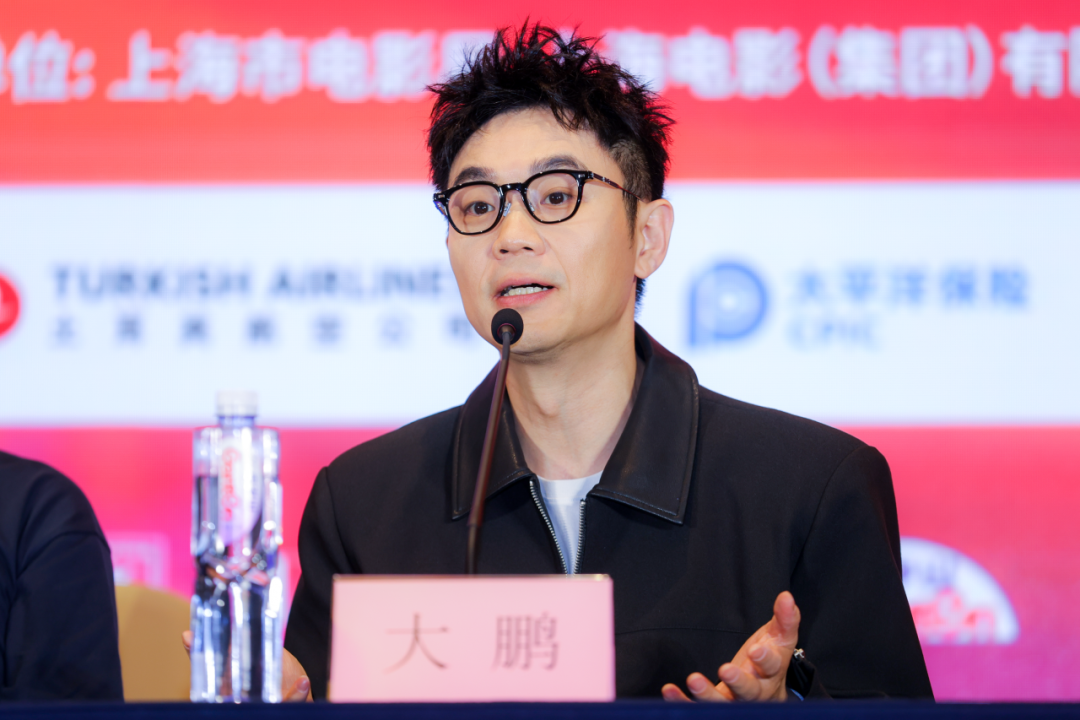
Directed by Guan Hu and starring Ni Ni, A MAN AND A WOMAN is a finalist in this year's Golden Goblet Award Main Competition. Ni Ni also serves as a jury member for the Asian New Talent unit. Speaking about her role, Ni Ni emphasized the aim of “learning”, saying, "After each competition film screening, the jury members have brief discussions. We evaluate the films from various perspectives—director, screenwriter, producer, or actor. This is a rare and valuable opportunity for me."
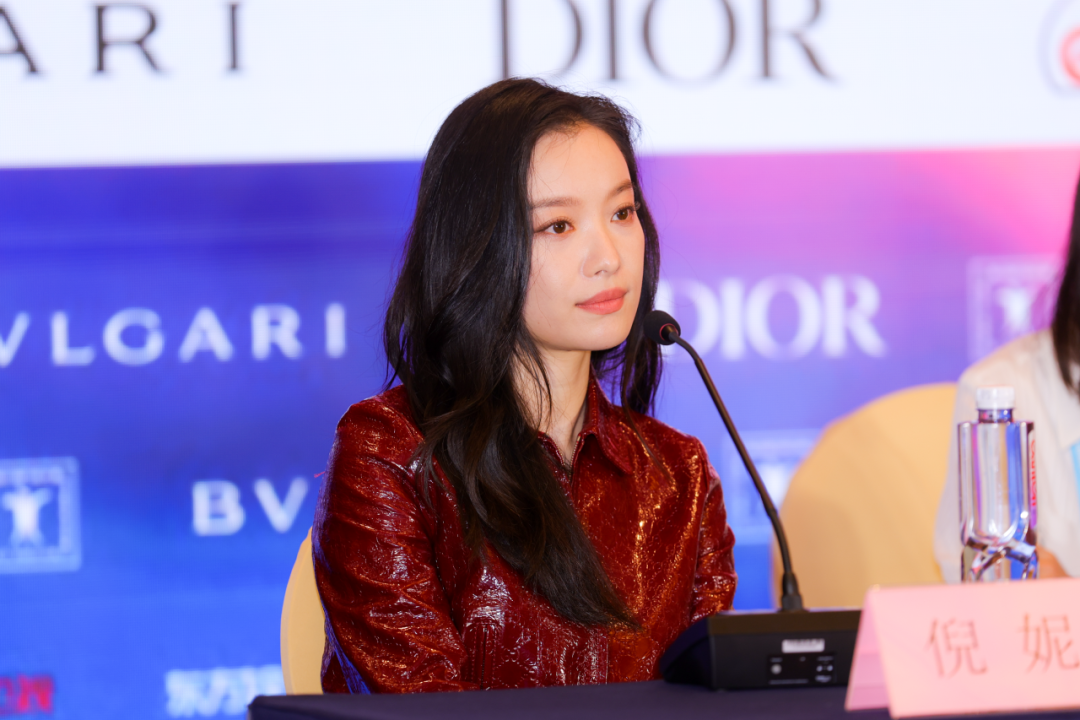
New Talents Are the Lifeblood of the Film Industry
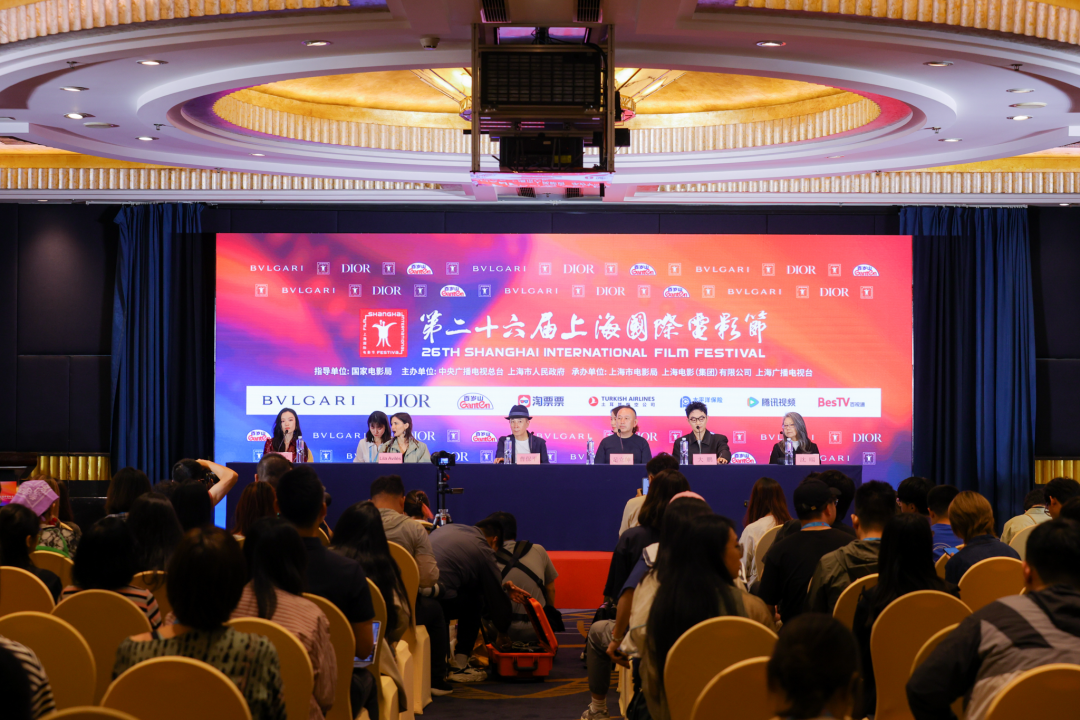
Producer Shen Yang has witnessed the growth of the Asian New Talent. As the producer of films like BLACK COAL, THIN ICE, NEZHA, and KAILI BLUES, Shen Yang has guided many emerging directors from Asia to the global stage. In Shen's view, the vitality of the film industry inevitably comes from new talents and their creations. She was particularly moved by jury member Lila's remarks on the "creative experience": "Filmmaking is a long process of transforming individual experiences into visual narratives. The first works of new filmmakers often originate from personal emotional and life experiences, which serve as a driving force." However, personal experiences can be limited. The creative process requires engaging with and understanding others, "Focusing on unfamiliar characters, interacting with them, and ultimately falling in love with them is a crucial creative premise. Often, the more genuine the emotion, the more it resonates with people."
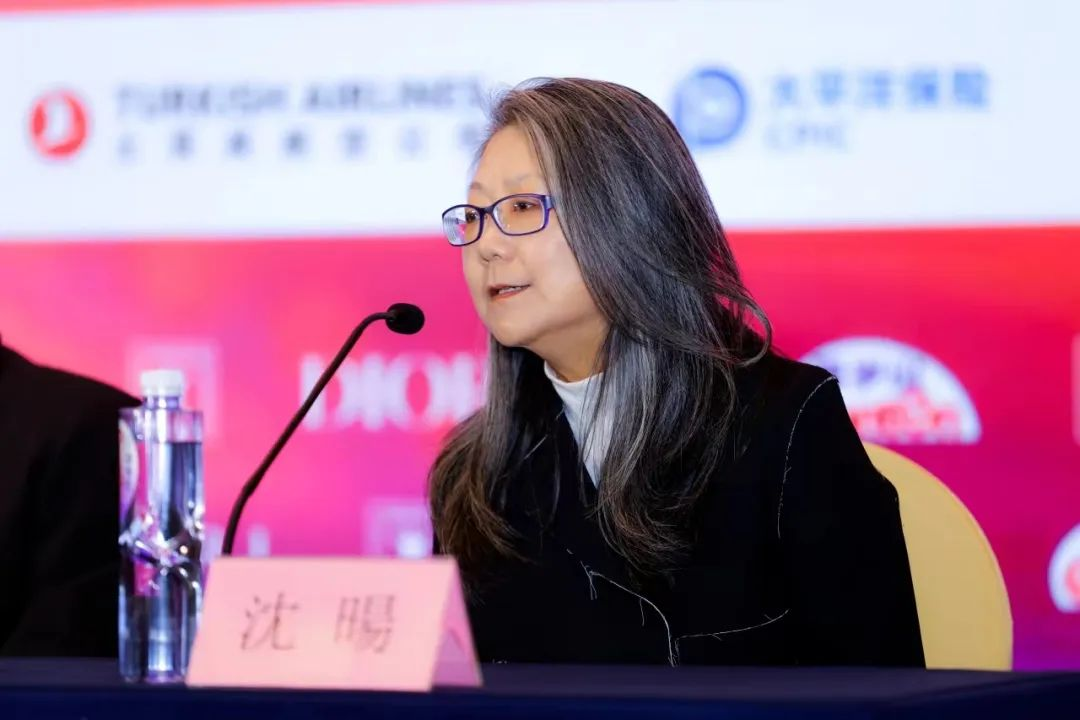
Jia Ling's inspirational film YOLO, which she directed and starred in, has become this year's Spring Festival box office champion. The film is adapted from the Japanese film 100 YEN LOVE, written by Shin Adachi, who is a jury member for this year's Golden Goblet Award Asian New Talent section. From being a "lukewarm" newcomer to becoming a "hot and spicy" celebrity, Jia Ling's journey has taken 20 years. Similarly, Shin Adachi has experienced ups and downs over 20 years, transitioning from screenwriter to director. "Over these two decades, I've been writing scripts. Sometimes, when other directors bring my scripts to life, they turn out more interesting. But other times, the final product isn't what I envisioned," he remarked.
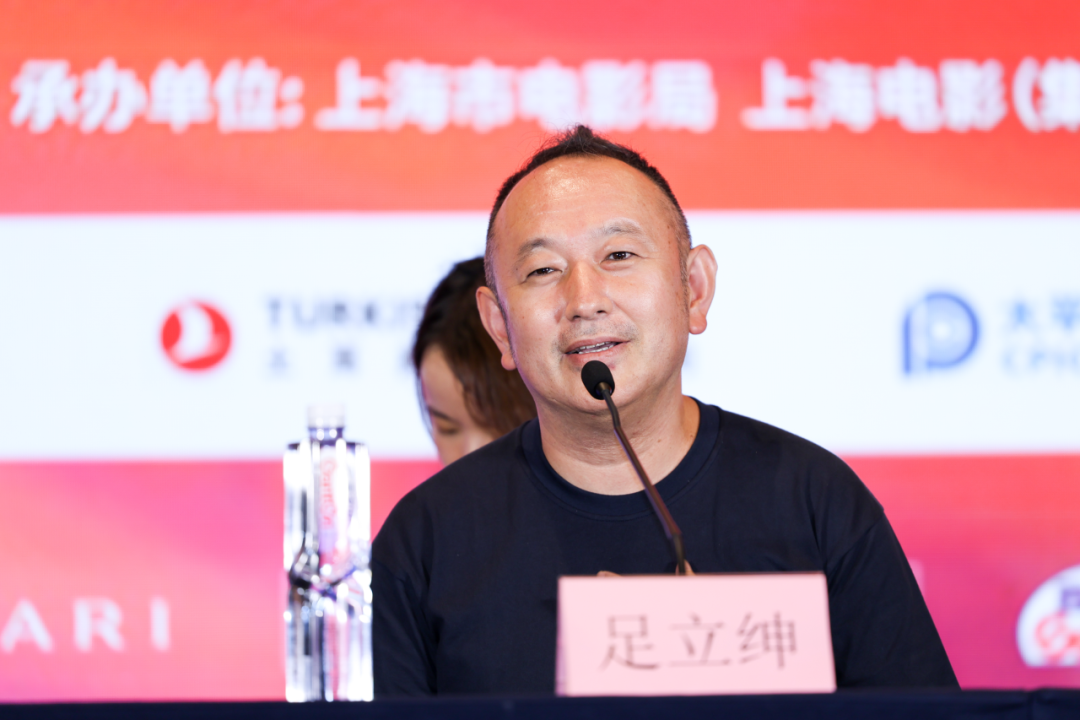
Mexican director, screenwriter, and producer Lila Avilés is visiting China for the second time. As a juror with an "open" mindset, Lila values the "experience" most. "In the process of making films, experiencing and feeling are the most important, not just thinking about it. Real experiences give me more inner energy to make movies," she said.
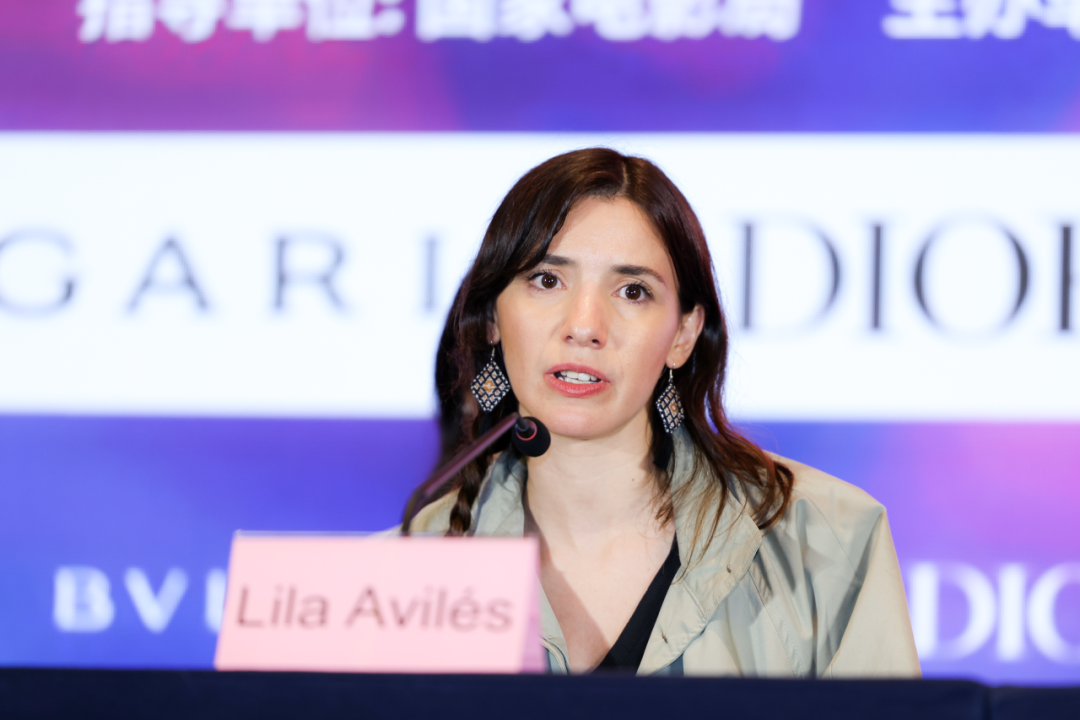
Documentary Section:
Discovering Fresh Elements with an Open Mind
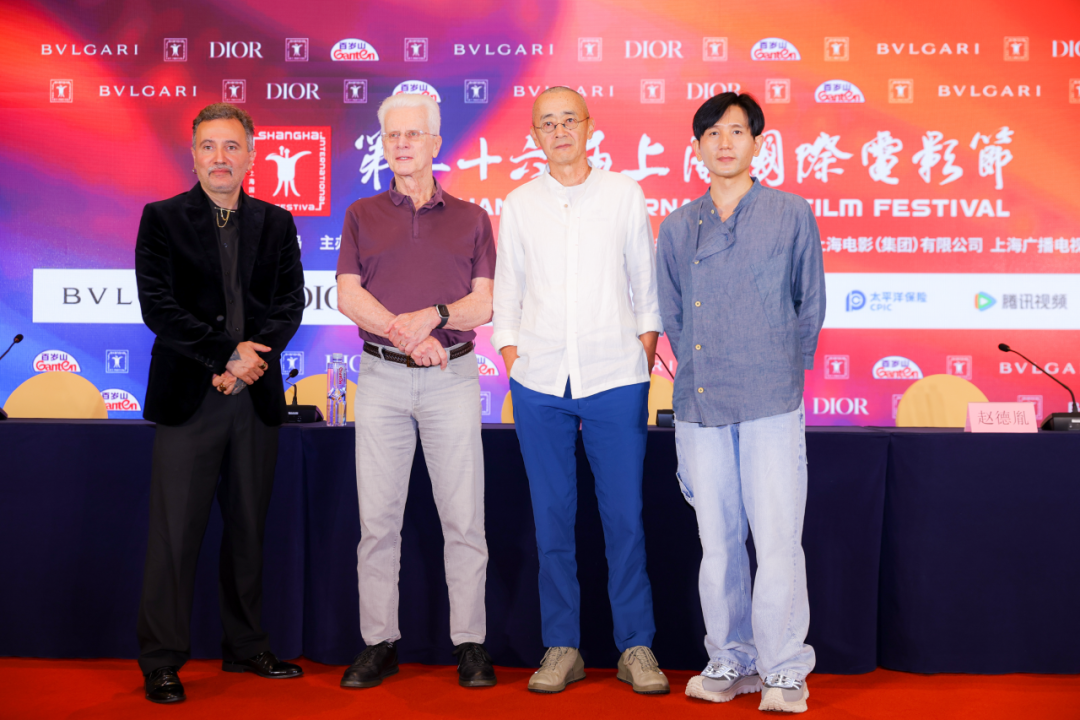
Bill Nichols, one of the most influential contemporary documentary theorists from the West, is the chairman of the Golden Goblet Award Documentary section this year. He places great emphasis on the "innovation" of documentaries. "Each documentary presents a different form and content, and we cannot view films with a fixed perspective. Every documentary comes from an inspiring idea. I want to see if the film itself has originality. I hope to find new content and fresh elements in these films with an open mind," he stated.
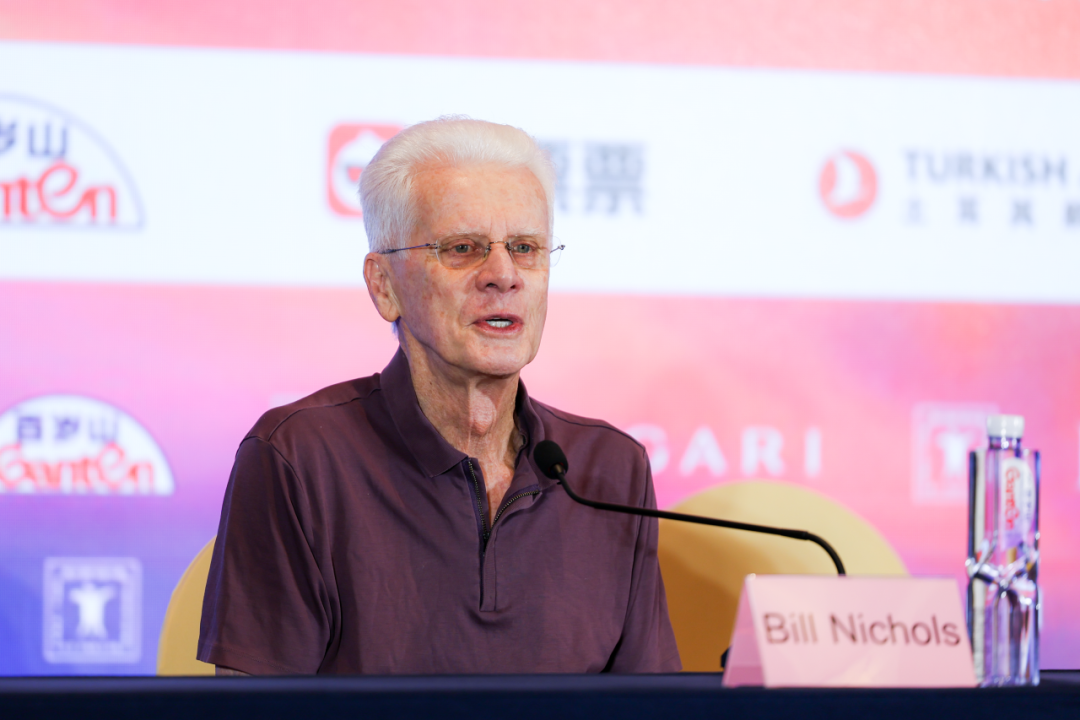
Jury member Duan Jinchuan, a veteran documentary director, has witnessed significant changes in the landscape of Chinese documentaries over the past 30 years since directing his first documentary, THE SQUARE, in 1994. Duan's most immediate observation is the expanding and increasingly youthful audience. "When I first started making documentaries, audiences didn’t know how to approach the films or what they were about. That was the reaction in the early '90s," he explained. However, Duan has been delighted to see the shift in audience perception, "By the late '90s, showing the same films to young people elicited entirely different reactions and acceptance. Over decades of development, the documentary audience has grown significantly, but it is still not enough. I hope more people will participate in documentary filmmaking."
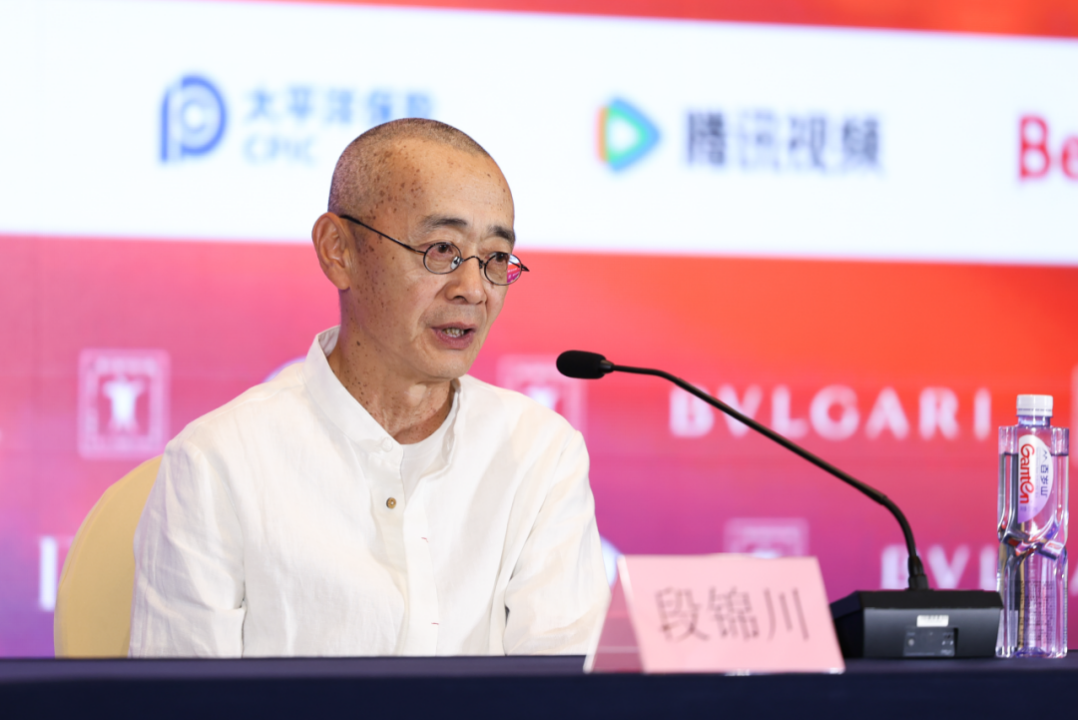
Jury member Talal Derki, who received an Oscar nomination for Best Documentary Feature with OF FATHERS AND SONS at the 91st Academy Awards, has long focused on social issues, addressing harsh realities. Talal believes that while documentaries can feature distinct stories, these stories should center around humanity and a cohesive theme. "My current project will explore the meaning of human existence, life and death, and showcase the cultures and music of different countries," he shared.
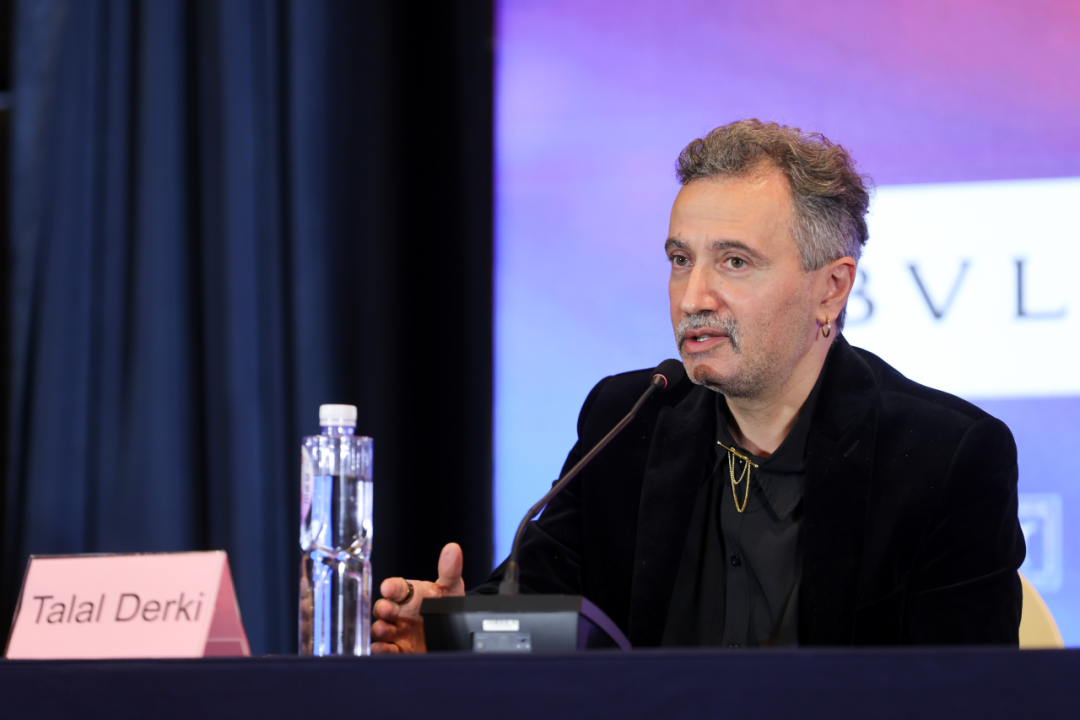
Taiwanese director Zhao Deyin is a “familiar face” at the Shanghai International Film Festival, having previously served as a jury member for the project venture and the Asian New Talent Award. As a “rising star” in the documentary field, Zhao began watching Duan Jinchuan's documentaries and studying books by Bill Nichols, the jury president of the Documentary unit, during his student years. From his university graduation film WHITE PIGEON in 2006 to his first documentary JADE MINERS in 2015, Zhao effortlessly navigates between narrative and documentary films. He believes there is no fundamental difference between the two. "When you set up the camera and press the button, the so-called truth disappears," Zhao stated. "Whether it’s a documentary or a narrative film, it’s about the creator interpreting the world through their unique experiences and life perspective. Ultimately, all creation reflects yourself, and you happen to be a part of this world."
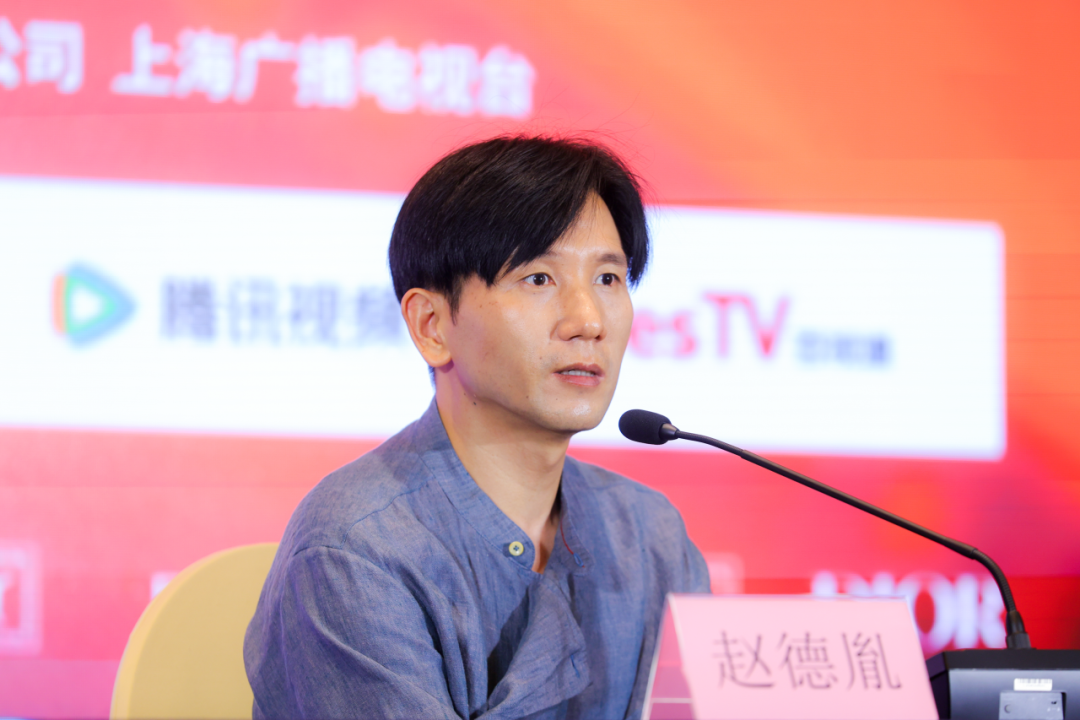
Animation Section:
AI Creations Lack Genuine Emotion

At the beginning of this year, the video tool Sora made a sensational debut, with filmmakers using Sora to create short films on various themes, impressing the industry with its quality. The potential of AI-generated content (AIGC) once again shocked the film industry. Tutorials such as "Create an AI Animated Film in 5 Minutes" and "Learn to Make Animation with AI Easily" have become widespread online. However, the jury president of the Animation unit, French animation director Benjamin Renner, poured cold water on the excitement, asserting that AI should be regarded as a tool, not a replacement for human work. "I have yet to see an animated film entirely created by AI. The production of animated films still requires human involvement. Personally, I don't want to see a film made solely by AI because it lacks a soul and genuine emotion."
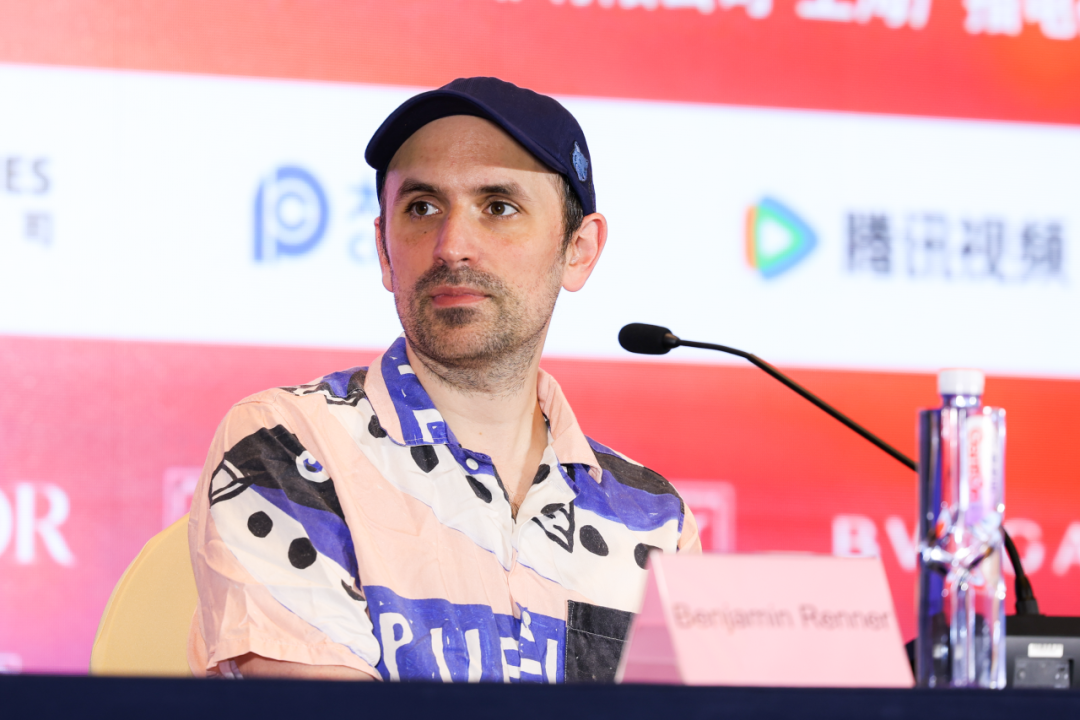
Hungarian animation director and screenwriter Réka Bucsi agreed with Benjamin's view, stating that AI can be used as a tool but is not the main entity in artistic creation. "I don't believe AI will make our work cheaper or of higher quality. Sometimes AI makes us lose direction and the artistic creation process. Using AI can speed up the completion of projects, but I don't support using a 'quick and easy' approach to finish works."
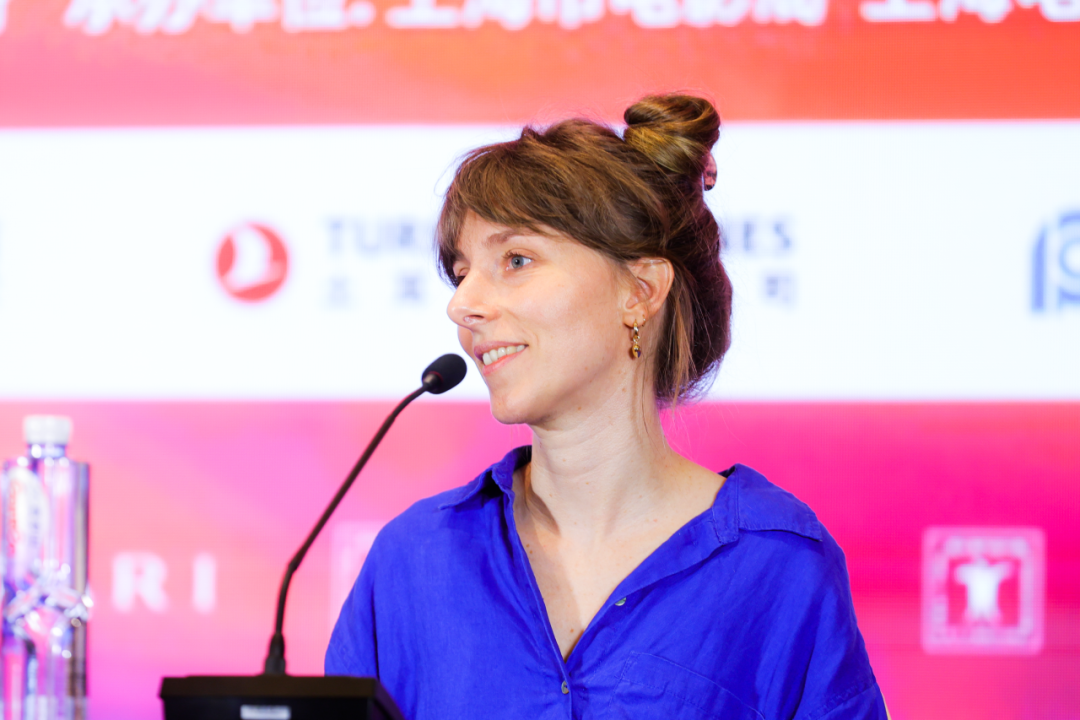
Director Bu Sifan, who serves as a jury member for the Animation Section, is known for infusing profound meaning into his animated film DAHUFA with extraordinary imagination. "DAHUFA is an auteur film, related to my personal exploration of worldviews and life philosophies at the time," Bu Sifan explained. During that period, he was contemplating the question, "Who am I?" which became the underlying motivation for his creation.
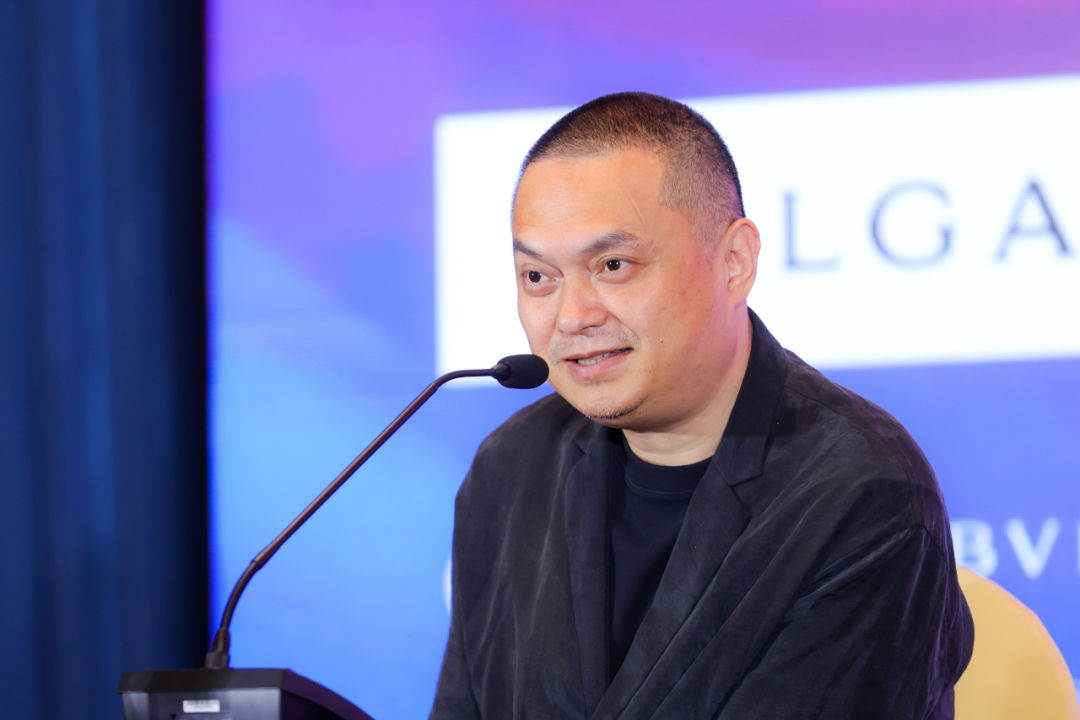
Short Film Section:
Short Films as a Unique Form of Expression

With the rapid advancement of internet technology, short films are increasingly capturing the attention of online audiences and becoming a prominent form of audiovisual content. According to Mark Albiston, the chairman of the Short Film Section Jury and a New Zealand director and screenwriter, short films may be brief in duration but can convey a multitude of voices. "If you watch five short films, you'll encounter five different voices, creating an emotional rollercoaster with its highs and lows," he said.
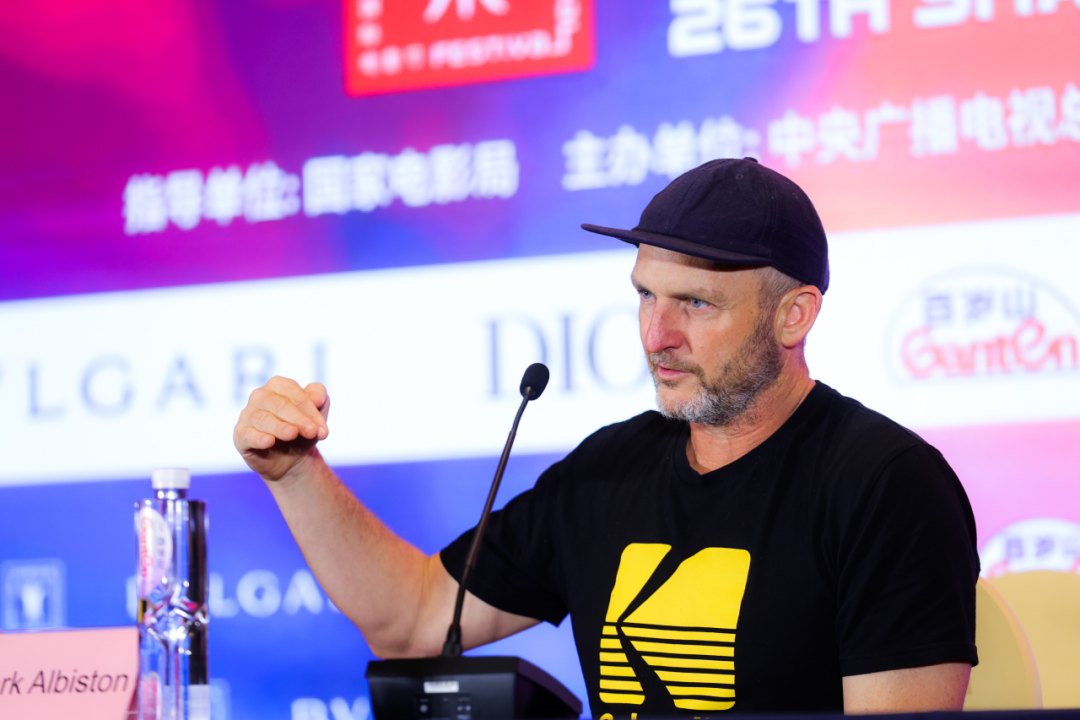
The challenge for creators lies in how to convey thought and creativity within the limited time frame of a short film. Jury member Réka Bucsi believes that short films can still deliver dramatic impact, and directors can present them in various ways, making the process highly enjoyable. "Telling a story and expressing one's perspective in a short amount of time can reveal the director's unique thought process," she explained.
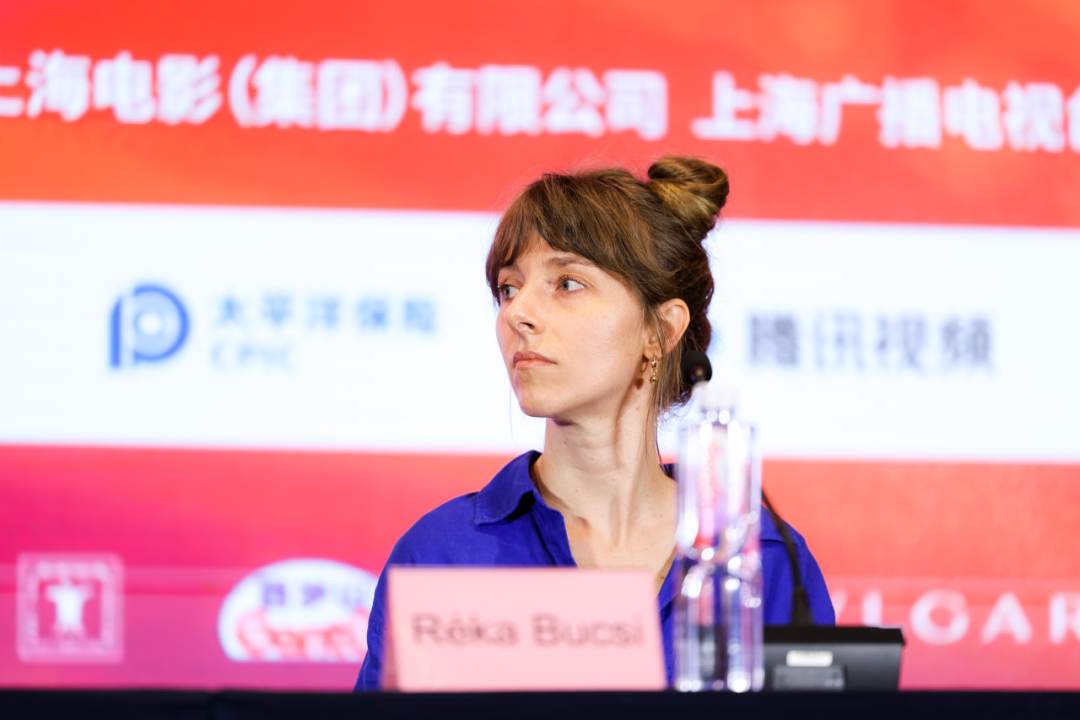
Director Li Xiaofeng, who has had multiple connections with SIFF, noted the unique freedom of short films. His works ASH and NEZHA were previously selected for project venture, with NEZHA winning the "Most Creative Project" award in 2013 and being nominated for the Asian New Talent unit in 2015. His film BACK TO THE WHARF was a finalist in the Golden Goblet Award Main Competition in 2020. Although Li Xiaofeng's experience with short films is not as extensive as the other two jury members, he acknowledges the unique freedom they offer. "The rhythm of language and the elements that can be expressed in a short film are different from those in a feature film. I think short films offer more freedom," he stated. "If a short film can concentrate on expressing a single emotion and carry it through to the end, it’s truly remarkable. Some may view short films as a stepping stone to feature films, but in today's environment, short films have become a distinct form of expression."
